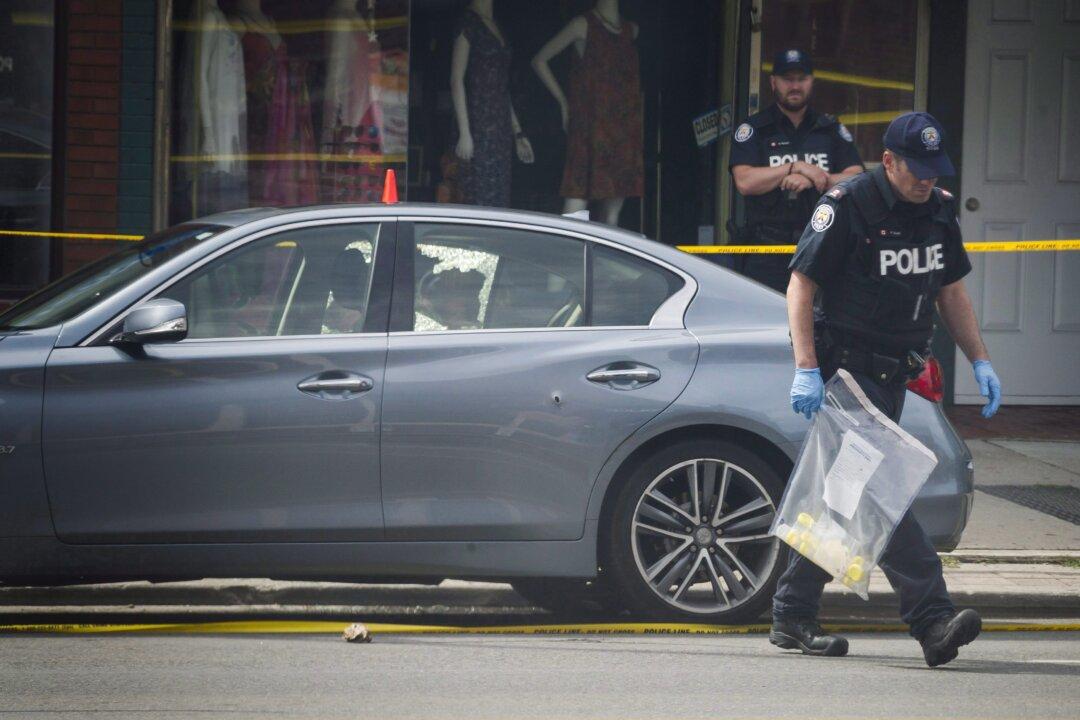Recent gun violence in Toronto and the tragic death of a 12-year-old innocent bystander have ties to deep societal issues, experts say.
On the afternoon of Nov. 7, Dante Sebastian Andreatta was grocery shopping with his mother in Toronto’s Jane and Finch area when he was hit by a stray bullet. He died in hospital four days later.





